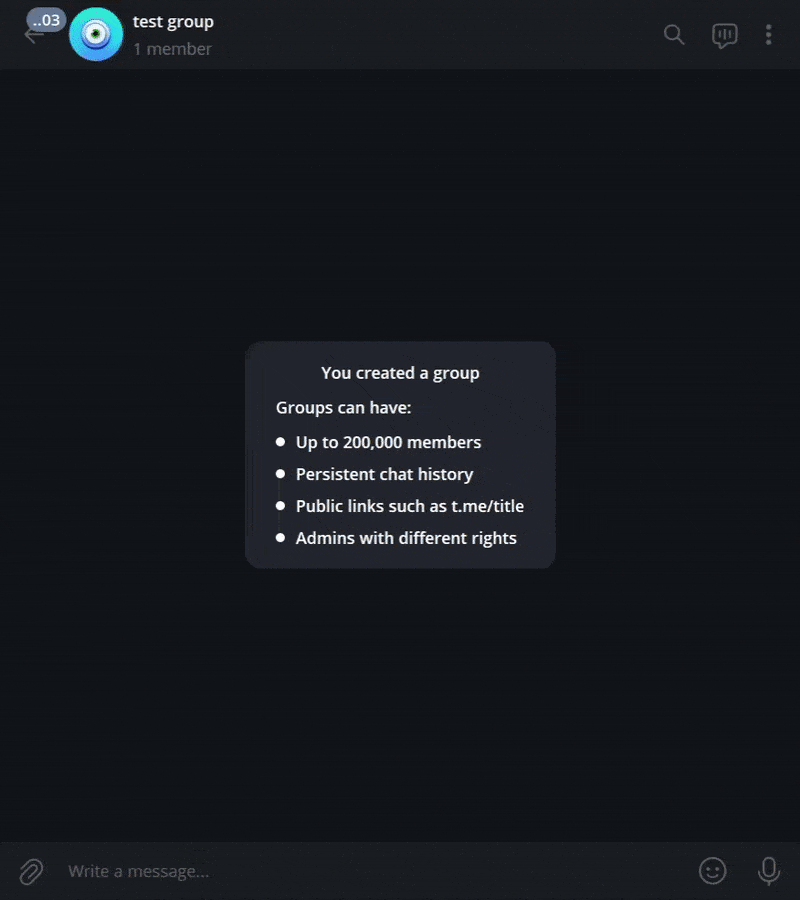fooocos-telegram-bot
⚠️ The project may contain some bugs and errors, provided as is
Dynamic inline bot leveraging the robust capabilities of Fooocos for image generation. This bot integrates seamlessly with Telegram, offering an intuitive and engaging user experience.
Current FooocosAPI commit hash: bf2f2c745a159e13b8de93fd000470ed98c973c4
Mirror on my
Git
Getting Started
System Requirements
Before diving in, ensure your system meets these prerequisites:
- Git
- Python >= 3.10
- NodeJS >= 20
- An Nvidia GPU with a minimum of 4GB VRAM (other GPUs may be supported; check the official Fooocos repository for details).
Installation Guide for Windows
This guide for Windows only, but for Linux the logic is exactly the same, but the commands may be slightly different
Install the correct FooocosAPI version locally:
- Clone the FooocosAPI repository:
git clone https://github.com/konieshadow/Fooocus-API/tree/bf2f2c745a159e13b8de93fd000470ed98c973c4
- Navigate to the cloned directory:
cd Fooocus-API
- Create and activate a Python virtual environment:
python -m venv venv
.\venv\Scripts\activate
- Install requirements:
pip install -r requirements.txt
- Launch FooocosAPI:
python .\main.py --host 0.0.0.0
If successful, you should see output similar to this:
For subsequent runs, simply activate the virtual environment and start the API:
.\venv\Scripts\activate
python .\main.py --host 0.0.0.0
Tip: You can also try the latest FooocosAPI version, but you might need to copy and replace openapi.json from
http://localhost:8888/openapi.json(default) tofooocosdirectory, regenerate the client (npm run fooocos:typegen) and address any possible TypeScript compiler errors.
Setting Up the Bot:
- Clone this repository
git clone https://github.com/xzeldon/fooocos-telegram-bot.git
- Install dependencies:
npm i
- Prepare your configuration file:
- Duplicate the
.env.samplefile and rename it to.env. - Edit the
.envfile with your specific details as per the table below:
| Variable | Type | Description |
|---|---|---|
| NODE_ENV | String | Specifies the application environment. (development or production) |
| BOT_TOKEN | String | Telegram Bot API token obtained from @BotFather. |
| FOOOCOS_API_URL | String | URL of the Fooocos-API endpoint. |
| DUMMY_CHAT_ID | String | ID of a dummy chat for uploading images to retrieve their file_id for inline message editing. |
-
Start the bot:
-
For development with hot reload:
npm run dev -
For standard operation:
npm run start
-
License
This project is open-source, licensed under the MIT License. Feel free to use, modify, and distribute it as you see fit.

